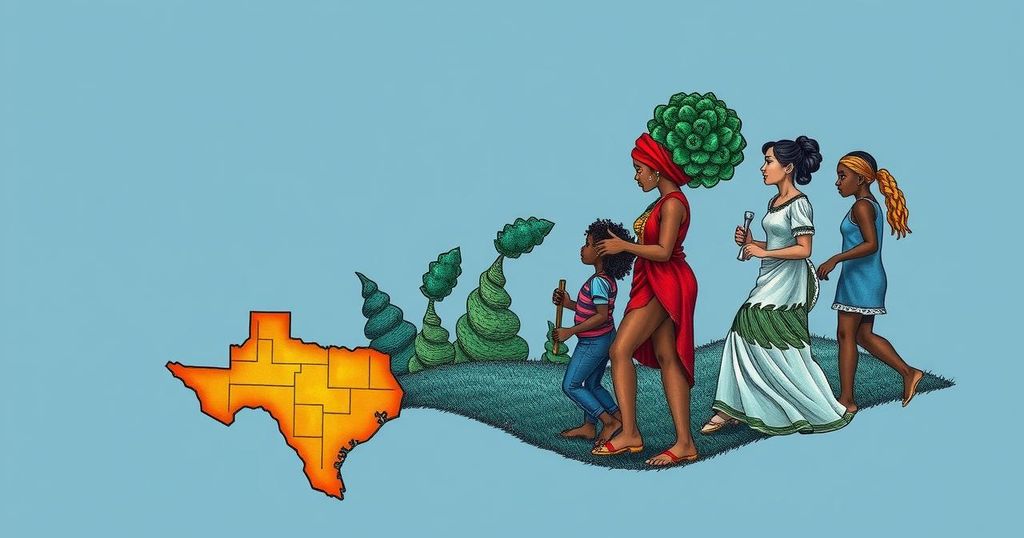Global Study Unveils Lack of Understanding of Climate Justice Worldwide
A global survey conducted by the University of Nottingham reveals that most individuals, including those affected by climate change, do not understand the term “climate justice.” Despite this, there is widespread recognition of the social and economic injustices associated with climate change, as well as strong support for principles aligned with climate justice. The study emphasizes the need for effective communication and advocacy that incorporates these insights, as well as the importance of including marginalized voices in climate policy discussions.
A recent global study conducted by researchers from the University of Nottingham’s School of Psychology has revealed a concerning gap in understanding climate justice among the general public, including individuals residing in regions most adversely affected by climate change. The research, which surveyed 5,627 adults across 11 nations—namely Australia, Brazil, Germany, India, Japan, the Netherlands, Nigeria, the Philippines, the United Arab Emirates, the United Kingdom, and the United States—indicates that two-thirds of the participants had never heard of the term “climate justice.” Despite this lack of familiarity, there exists a widespread acknowledgment of the social, historical, and economic inequities intertwined with the climate crisis. The findings suggest that while many individuals support the principles associated with climate justice—such as the recognition that impoverished communities experience greater impacts from climate change (78% agreement), that affected communities should possess greater influence in climate-related decision-making (78%), and that systemic issues like capitalism and colonialism are central to the climate problem (70%)—the lack of awareness surrounding the concept itself remains a significant barrier. The research underscores the importance of framing climate policy discussions within the context of climate justice, which recognizes the unequal distribution of climate change impacts and advocates for the inclusion of marginalized voices in policymaking processes. Dr. Charles Ogunbode, the lead researcher, emphasized the necessity of integrating climate justice principles into the response to climate change, advocating for equitable and fair solutions. Dr. Ogunbode remarked that, “It is ironic that research tends to be limited to what people in more affluent regions believe about climate change and climate justice,” pointing to the marginalization of citizens from climate-vulnerable nations in the broader discourse surrounding climate issues.
Understanding climate justice is vital in addressing the global climate crisis, especially since its impacts are disproportionately felt by marginalized communities. Climate justice encompasses the idea that those most affected by climate change often lack representation and voice in the decision-making processes that shape climate policy. This study is significant as it sheds light on global perceptions of climate justice beyond Europe and North America, highlighting a need for enhanced awareness and comprehension of this critical concept among populations typically impacted by environmental degradation. The results indicate that, while individuals may inherently understand social injustices related to climate change, the framing and terminology associated with climate justice are not widely recognized, hindering effective advocacy and policy formulation.
In conclusion, the findings of this groundbreaking study elucidate a critical gap in awareness regarding climate justice worldwide. While many individuals support the underlying principles of climate justice, there remains a lack of understanding of the term itself. These insights could inform strategies for more effective climate communication and advocacy, encouraging policymakers to incorporate justice-based approaches into climate action. As noted by Dr. Ogunbode, understanding climate justice is essential for facilitating equitable responses to the climate crisis, ensuring that the voices of the most vulnerable populations are heard in discussions regarding climate action.
Original Source: phys.org




Post Comment